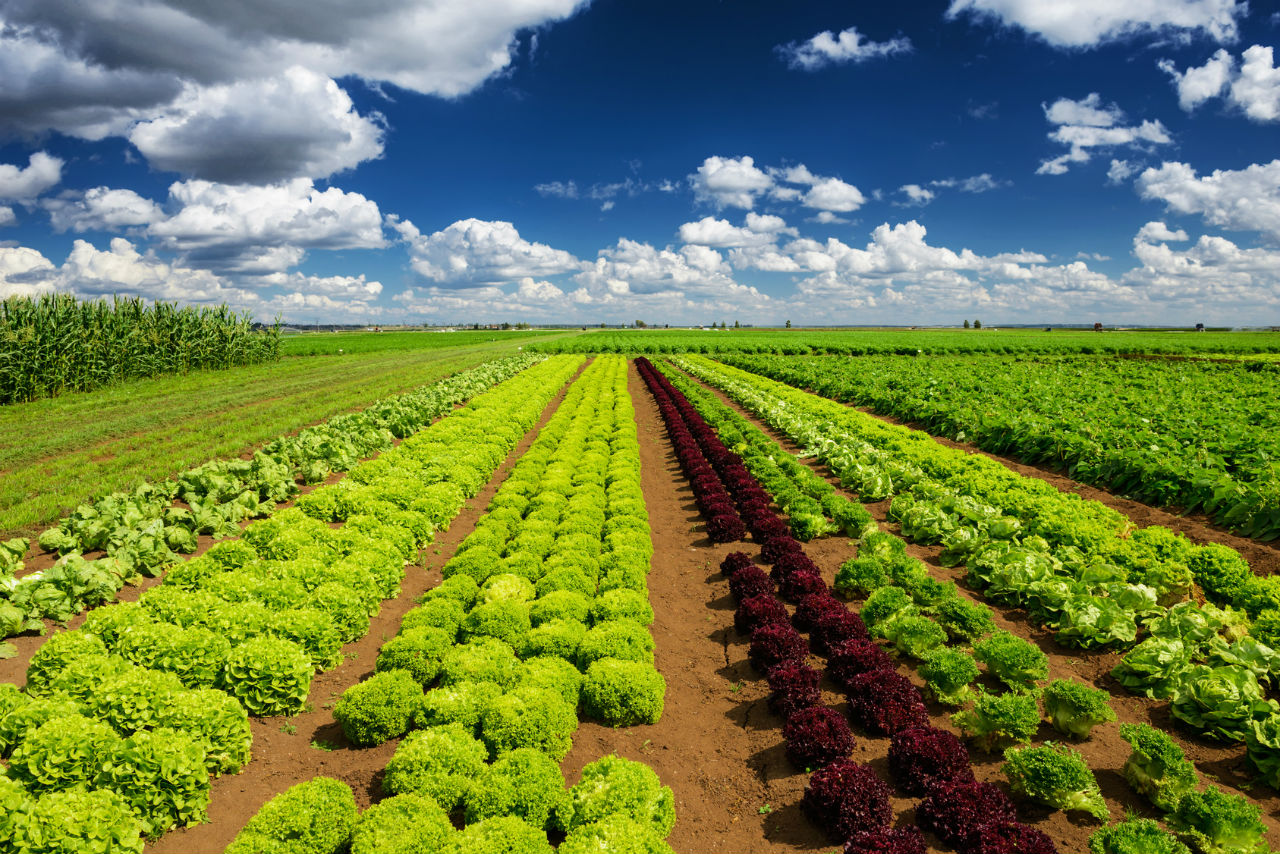Get the facts: why has the Commission launched infringement procedures over investment in agricultural land?

date: 30/04/2015
See also: Inside this issue
In March, the European Commission opened infringement procedures against Lithuania, Bulgaria, Slovakia and Hungary over the acquisition of agricultural land. The inquiry follows an overall assessment of laws in Member States where the temporary derogation that had been granted when the countries joined the EU had expired in 2014.
What’s the issue?
Under EU law, restrictions on sales of farm land to people from other EU countries constitute a restriction on the free movement of capital and the freedom of establishment – which form part of the foundation on which the EU single market was built. Consequently, any general ban on selling land to foreigners would be discriminatory and against EU law. National restrictions can, in some cases, be allowed if they are justified on the grounds of overriding public interest. However even then, they are only allowed if there is no other, less restrictive way of meeting the same objective.
In the case of these four countries, some agricultural and rural planning policy objectives could justify certain restrictions: for instance, promoting rural development, keeping land in agricultural use and avoiding speculative pressure on land prices. However, the national rules in question appear to be either not necessary to attain these policy objectives or go beyond what is needed to attain them. Furthermore, some of the restrictions leave room for discrimination against foreigners who want to buy land: for example, residence requirements or restrictions of people without previous local business activities. Restrictions on people or companies due to a lack of professional qualifications may also be challenged.
Member States’ concerns
The main concern of the four countries is that the free movement of capital rules leave room for speculation and ‘land grabbing’ by international corporations, which can potentially destroy agricultural land and harm rural communities. A group calling for a referendum in Lithuania in 2014 claimed that land sales to foreigners ‘violate Lithuania’s territorial integrity’ and argued that foreigners might buy a lot of land in Lithuania, which is cheaper than in Western Europe. The referendum did in fact take place in June 2014; however, it failed to muster enough support.
The Commission's position is that such worries are unfounded. The European Court of Justice has recognized objectives such as keeping land in agricultural use, combating land speculation or preserving traditional forms of farming as legitimate. It has also spelled out which restrictions, for instance prior authorization schemes, speculation taxes or pre-emption rights in favour of certain categories of farmers, might be proportionate under certain circumstances.
The Member States, as of 26 March, have two months to react to the infringement procedure and submit their replies.
Read more on the free movement of capital
